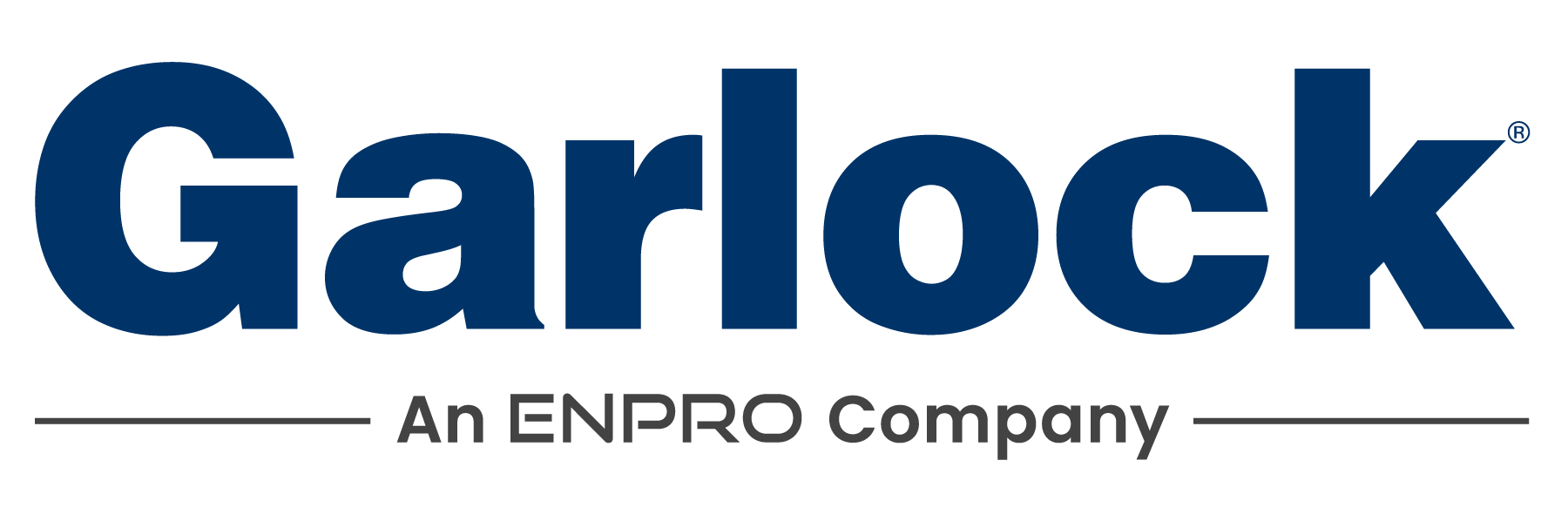5 Best APIs Reshaping the Future of the Pharmaceutical Industry
The pharmaceutical industry is on the brink of a transformative era, driven by the integration of technology and innovation. According to a recent report by Deloitte, the global pharmaceuticals market is expected to exceed $1.5 trillion by 2023, making it imperative for companies to leverage advanced tools that can enhance efficiency and improve patient outcomes. One of the most promising developments in this space is the increased adoption of APIs in the pharmaceutical industry, which facilitate seamless data exchange and connectivity. By streamlining processes such as drug discovery, regulatory compliance, and patient engagement, these APIs are reshaping the landscape of pharmaceuticals. As healthcare continues to evolve with the emergence of digital technologies, understanding the pivotal role that APIs play will be crucial for organizations aiming to stay ahead in this competitive market.

The Role of APIs in Pharmaceutical Innovation and Development
The pharmaceutical industry is experiencing a transformative era, driven by advanced APIs (Application Programming Interfaces) that promote innovation and streamline drug development processes. With the rapid integration of AI technology, companies can now harness the power of vast data sets to optimize their research pipelines. This shift enables pharmaceutical firms to reduce the time and financial burden historically associated with drug discovery, which has averaged a decade and billions of dollars.
 In China, a notable surge in outbound transactions reflects the growing cash flow directed towards innovative drugs. Recent reports indicate that in just the first five months of 2025, over $450 billion was generated from international collaborations, marking a pivotal moment for the Chinese pharmaceutical sector on the global stage. This trend not only illustrates the potential of Chinese biotech in redefining global health but also highlights the critical role of APIs in facilitating these lucrative cross-border collaborations. By promoting efficient data exchange and interoperability among systems, APIs are becoming essential tools in the pharmaceutical landscape, fostering a new wave of scientific breakthroughs.
In China, a notable surge in outbound transactions reflects the growing cash flow directed towards innovative drugs. Recent reports indicate that in just the first five months of 2025, over $450 billion was generated from international collaborations, marking a pivotal moment for the Chinese pharmaceutical sector on the global stage. This trend not only illustrates the potential of Chinese biotech in redefining global health but also highlights the critical role of APIs in facilitating these lucrative cross-border collaborations. By promoting efficient data exchange and interoperability among systems, APIs are becoming essential tools in the pharmaceutical landscape, fostering a new wave of scientific breakthroughs.
Top 5 Game-Changing APIs Transforming Drug Discovery Processes
The pharmaceutical industry is undergoing a significant transformation driven by innovative Application Programming Interfaces (APIs) that streamline and enhance drug discovery processes. These APIs are not just tools; they are game-changers that facilitate the integration of vast amounts of data, enabling researchers to make faster, more informed decisions. By leveraging machine learning and artificial intelligence, these APIs help in predicting drug interactions, identifying potential side effects, and optimizing compound selection.

One such API is dedicated to high-throughput screening, allowing scientists to analyze thousands of compounds at once, drastically reducing the time required for initial testing. Another groundbreaking API focuses on genomics, providing insights into genetic variations that can inform personalized medicine approaches. With the rise of these sophisticated APIs, pharmaceutical companies can expect more efficient trial designs and improved collaboration among researchers, ultimately leading to the rapid development of new therapies.
Enhancing Patient Care with APIs: Real-Time Data Integration
The pharmaceutical industry is undergoing a transformative shift with the integration of Application Programming Interfaces (APIs), which enhance patient care through real-time data connectivity. According to a report by Accenture, 80% of healthcare executives believe that data sharing can significantly improve patient outcomes. APIs are pivotal in this transformation, enabling seamless interactions between healthcare providers, patients, and pharmaceutical companies. This integration allows healthcare professionals to access up-to-date patient information, medication records, and treatment histories, fostering informed decision-making and personalized care pathways.
Moreover, a study from Deloitte illustrates that the adoption of API technologies can reduce the time it takes to bring new drugs to market by up to 30%. By enabling quicker access to clinical trial data and regulatory information, APIs streamline collaboration among stakeholders, accelerating innovation in drug development. As APIs continue to evolve, they position themselves as critical tools for enhancing patient engagement, ensuring that individuals receive the most effective treatment based on real-time data insights. The future of pharmaceuticals is not just about new drugs; it’s about creating a connected healthcare ecosystem that prioritizes patient needs through intelligent data integration.
Streamlining Supply Chain Management in Pharma through APIs
In the rapidly evolving pharmaceutical industry, managing supply chains efficiently is paramount. APIs (Application Programming Interfaces) have emerged as crucial tools for streamlining and enhancing supply chain management processes. By enabling seamless communication between disparate systems, APIs allow for real-time tracking of inventory, orders, and shipments. This leads to reduced lead times and improved accuracy in demand forecasting, ultimately resulting in more responsive and agile supply chains.
Moreover, APIs facilitate greater transparency and collaboration among stakeholders, including manufacturers, distributors, and pharmacies. Through centralized data access, all parties can monitor and share critical information, reducing the risks of stockouts or overstock situations. The integration of APIs not only automates routine tasks but also empowers decision-makers with analytical insights, enabling them to anticipate market changes and respond accordingly. As the pharmaceutical landscape becomes increasingly complex, leveraging APIs will be pivotal in driving operational efficiency and ensuring the safe and timely delivery of medications to patients.
5 Best APIs Reshaping the Future of the Pharmaceutical Industry
| API Name | Functionality | Key Features | Integration Ease | Security Protocols |
|---|---|---|---|---|
| Supply Chain Optimizer | Inventory Management | Real-time tracking, Analytics Dashboard | Moderate | TLS Encryption |
| Pharma Connect | Healthcare Partner Collaboration | Secure Messaging, Data Sharing | Easy | OAuth 2.0 |
| Regulatory Compliance API | Compliance Tracking | Automated Alerts, Reporting | Moderate | Two-factor Authentication |
| Drug Interaction Checker | Patient Safety | Real-time Analysis, Recommendations | Easy | API Key Security |
| Order Management API | Order Processing | Automated Processing, Status Updates | Easy | Encryption and Tokenization |
Future Trends: The Evolving Landscape of Pharmaceutical APIs
The pharmaceutical industry is on the brink of transformation, driven by advances in Active Pharmaceutical Ingredients (APIs). Future trends indicate a significant shift towards personalized medicine, where APIs are tailored to meet individual patient needs. This individualized approach enhances treatment efficacy and minimizes side effects, allowing for a more precise delivery of healthcare. As technology evolves, data analytics and machine learning will further streamline the API development process, enabling quicker responses to emerging healthcare challenges.
**Tip:** Stay updated on regulatory changes that can impact API development. Understanding the compliance landscape will not only ensure smoother product launches but also enhance your ability to adapt to shifts in market demands.
The rising emphasis on sustainability is another pivotal trend reshaping the pharmaceutical landscape. As manufacturers become more aware of their environmental footprint, innovative API production methods that prioritize sustainability are gaining traction. This trend is likely to reduce waste and lower production costs, ultimately benefiting both the industry and the environment.
**Tip:** Consider implementing green chemistry principles in your API sourcing and manufacturing processes. This proactive approach can lead to significant long-term savings while positioning your organization as a responsible player in the pharmaceutical sector.

Related Posts
-

Unlocking the Advantages of API Manufacturing for Enhanced Product Quality
-

What is the Impact of Advanced Pharma Equipment on Global Drug Production Efficiency
-

How to Choose the Right Tablet Manufacturing Machine for Your Production Needs
-

Maximizing Efficiency in API Manufacturing with Digital Strategies and Key Industry Insights
-

Navigating the Landscape of Pharmaceutical Solutions for Your Business Success
-

Unlocking the Secrets of Best Pharmaceutical Manufacturing Technical Specifications and Key Sourcing Strategies
